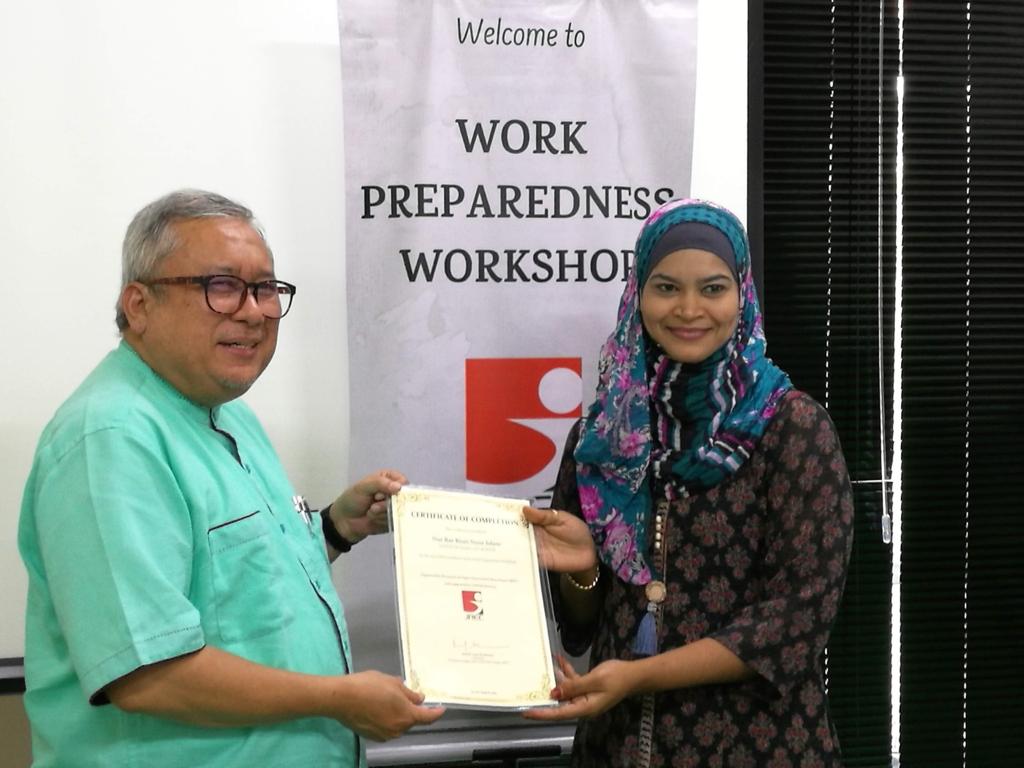As of December 2018, there are 163,864 refugees and asylum-seekers registered with UNHCR in Malaysia, out of which, 30,488 are refugee children of school-going age ( 3 — 17 years old). Only 30% of these refugee children, while majority are out-of-school-children (OOSC).
The informal community learning centres (CLC) rely heavily on volunteer teachers, and have difficulties recruiting experienced and skilled teachers because of salaries and qualifications. As these teachers receive any renumeration for their work, often times they take on additional jobs to supplement the family income. This affects the quality of service provided to the children as the teachers might miss their class the following morning or fail to cover the basic functions of a teacher.
Teachers at community learning centres play a crucial role not just at the learning centres, but also within the communities and the population that the learning centres serve. Teachers who are trained in child protection, sexual gender based violence (SGBV), and other protection elements can play the role of advocates as well as responders; further strengthening the community's ability to self-manage.
As such, the provision of adequate teacher compensation is crucial to ensure that they are supported in carrying out their role at the learning centres. JREC has been tasked by UNHCR to assist and manage the provision of compensations to teachers teaching at these learning centres. The support also indirectly assist the refugee community in building their community by easing the pressure of having to source the funding of their children's education, while motivating the refugee community and the community based learning centres to maintain a good service standard.'
The project will contribute to improved quality of education for refugee children in Malaysia through compensation of teachers, thereby improve the retention of teachers working in refugee learning centres, mitigating turnover of teachers and ensuring that teachers invest their full attention to quality teaching. Subsequently this will hope to ensure that refugee children will have a committed teacher benefitting from this incentive and actually will learn in school, which is key to their protection and development.





